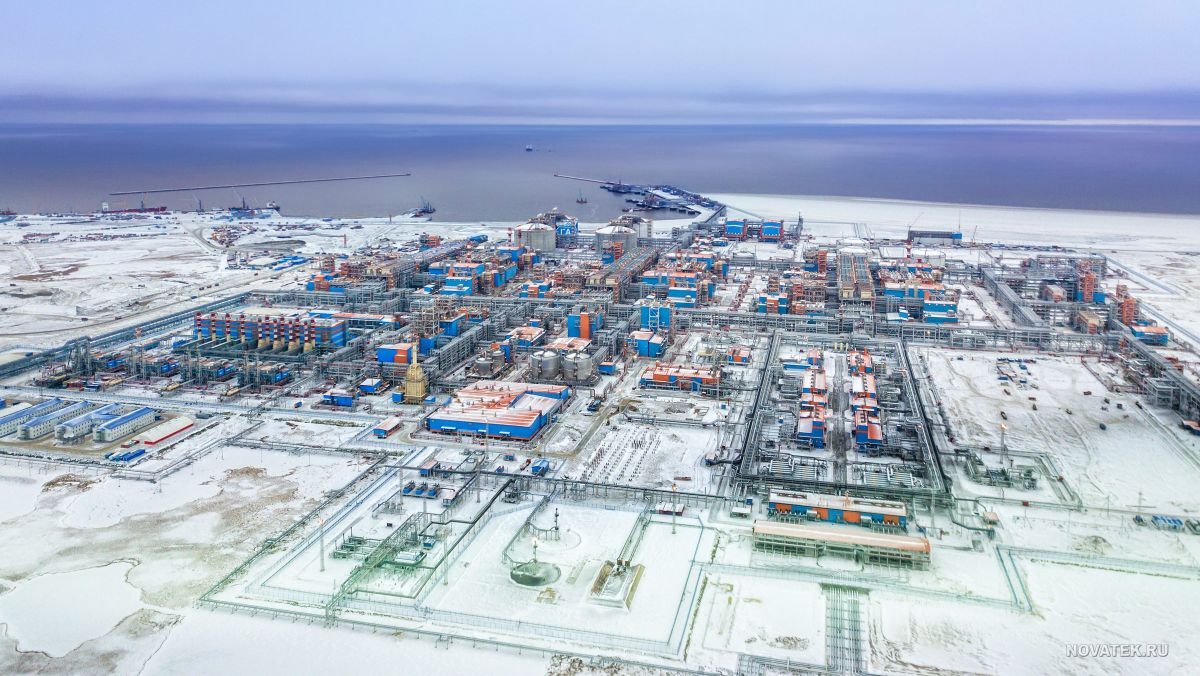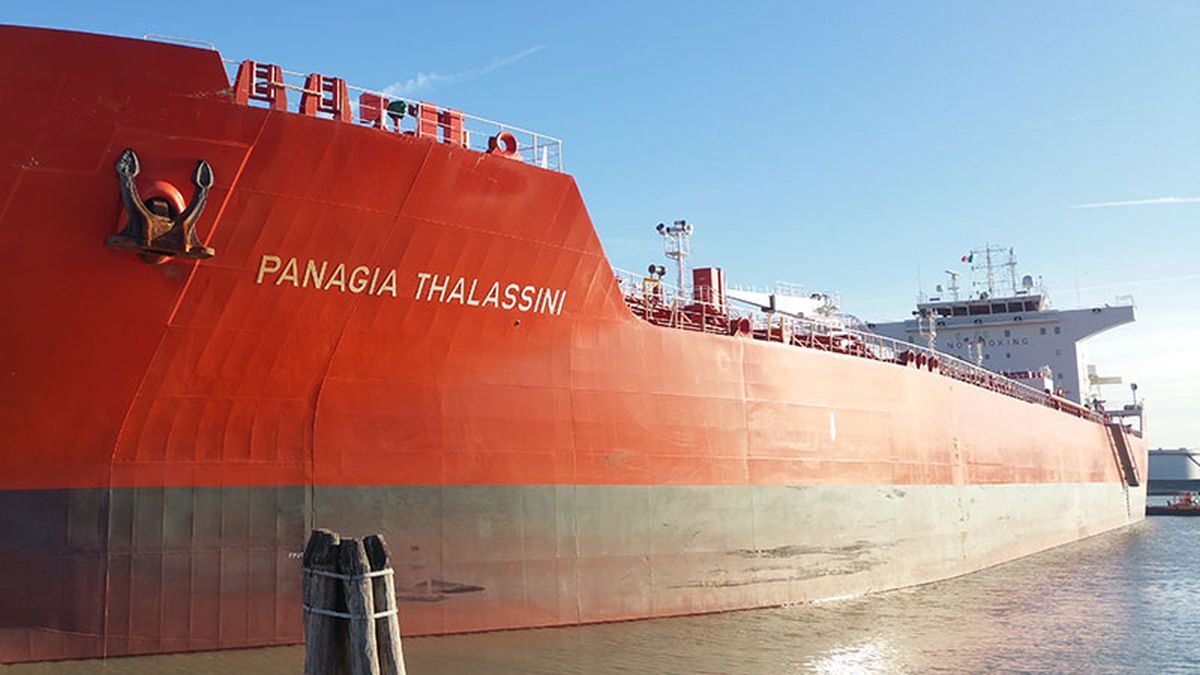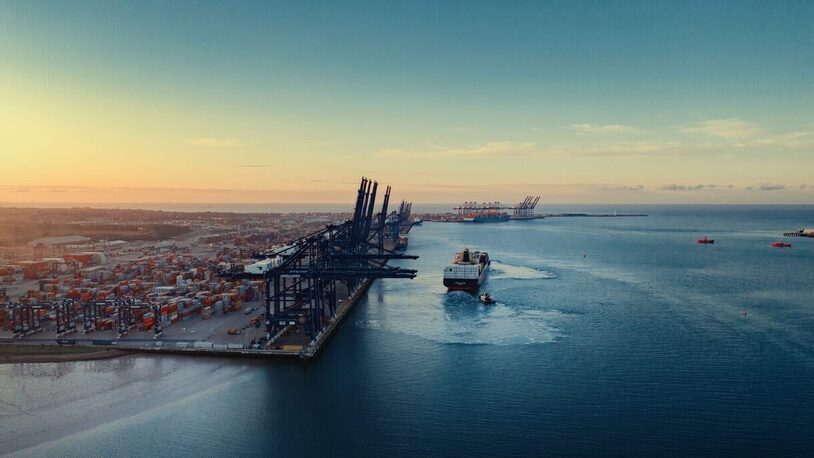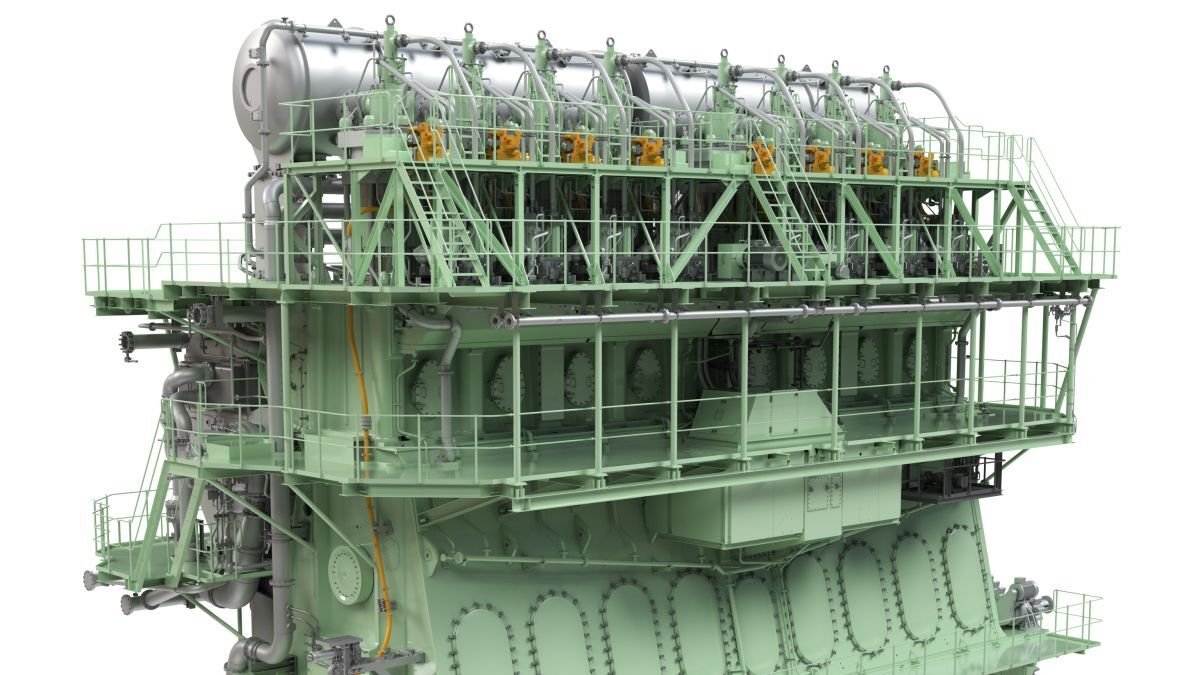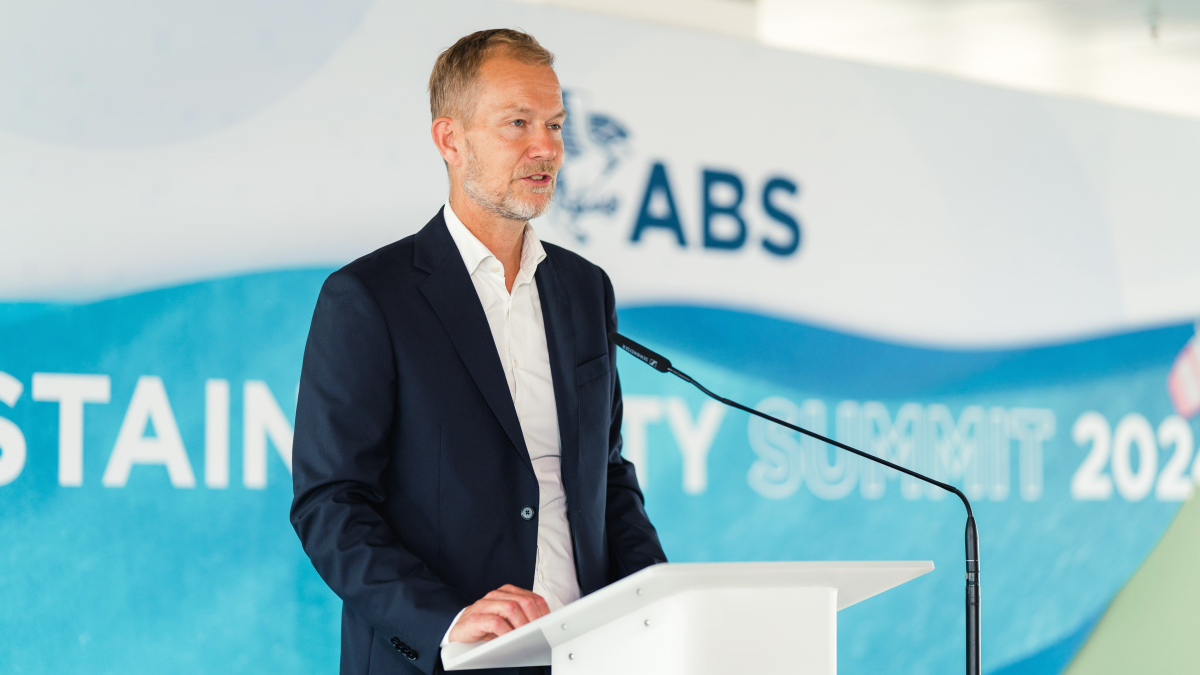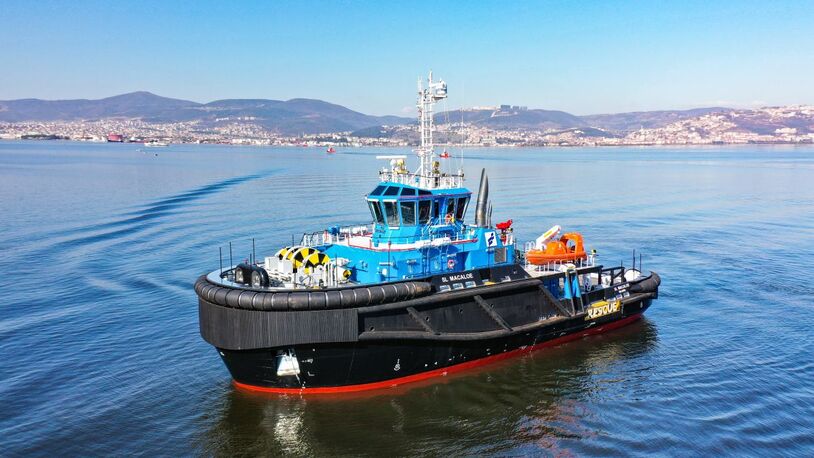Business Sectors
Contents
Register to read more articles.
A hybrid-electric future
As technology matures and costs fall, batteries become a viable option for future tugs
When it comes to marine services in harbours worldwide, there is growing pressure on vessel operators and port authorities to cut pollution, with most ports implementing green technologies under net-zero strategies.
Technologies authorities and operators are adopting include renewably sourced electric power for terminal equipment and support vessels.
In addition, energy storage solutions are being installed on tugboats, pilot transfer vessels and multipurpose workboats to reduce fuel consumption and emissions, while helping owners and ports achieve sustainability goals.
For tugs, emissions are greatly reduced if they adopt full-electric propulsion, but these vessels must remain within harbours and close to a charging station to be effective and safe. For longer voyages, tugs can use an extending technology such as hydrogen fuel cells or back-up generators.
According to International Tug & Salvage, 26 tugs are operating globally with batteries as the primary energy source on board, and all have a back-up or alternative fuel for generating power. These are listed in this issue (see page 42)
Another 17 electric-powered tugs are either on order or being considered for construction in shipyards worldwide, and the list continues to grow.
Tens of tugs are operating with mechanical-hybrid propulsion where motors, shaft generators, specialised transmission and engine-thruster configuration reduce fuel consumption and emissions.
Major owners are investing in electric and hybrid propulsion as they see this as the future for harbour tugs, with fuel cells seen as range extenders. But battery and equipment prices need to be lower for more owners to adopt these technologies.
Batteries need more capacity without increasing weight or space requirements, so new chemistries are needed, and they must not be a fire risk. Hydrogen needs to be produced in greater volumes and in fluids easily stored on vessels, and power charging stations must be prevalent in ports.
These challenges and solutions will be presented and debated by experts, such as Maritime Battery Forum managing director Syb ten Cate Hoedemaker, Port of Bergen commercial manager Nils Møllerup and DNV Maritime senior environmental consultant Henrik Helgesen, at Riviera’s Maritime Hybrid, Electric & Hydrogen Fuel Cells Conference in Bergen, Norway, on 29-31 October 2024.
This event brings together leading vessel owners, energy companies, port authorities, regulators, class, technology and battery manufacturers in the world’s leading nation and port for vessel electrification.
When the challenges are overcome by technology developments, onboard innovations and investment in ports in charging stations, battery use will increase in marine craft supporting green ships in ports. A revolution is coming to the tug sector, with electric energy becoming the main thrust for vessel power.
Riviera’s Maritime Hybrid, Electric & Hydrogen Fuel Cells Conference 2024 will be held in Bergen, Norway, 29-31 October 2024. Click here for more information on this industry-leading event.
Related to this Story
Events
Maritime Decarbonisation, Europe: Conference, Awards & Exhibition 2025
Offshore Support Journal Conference, Americas 2025
LNG Shipping & Terminals Conference 2025
© 2024 Riviera Maritime Media Ltd.



